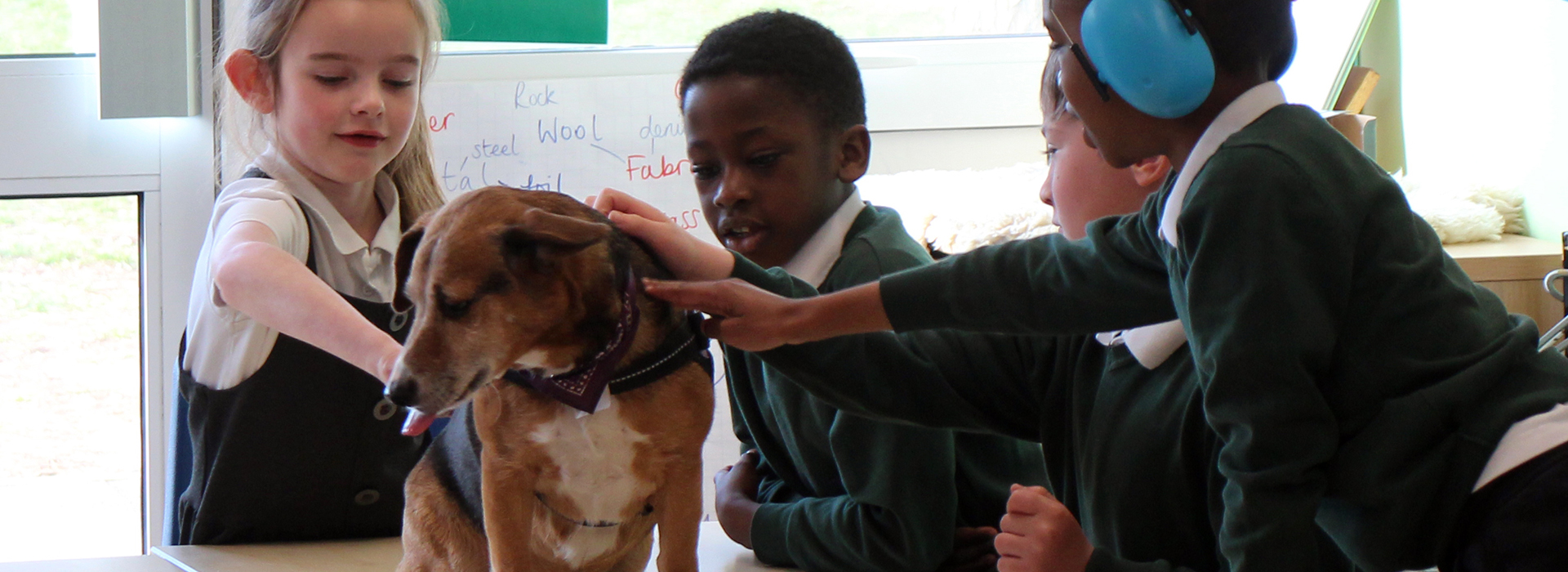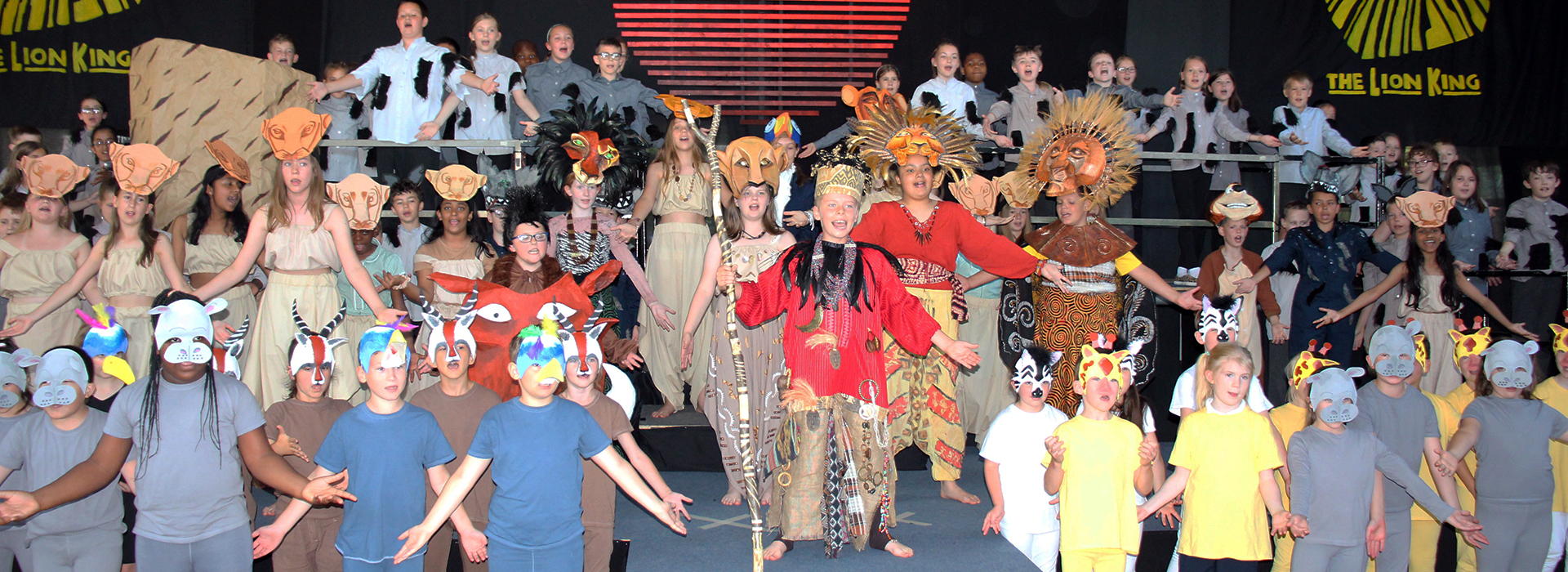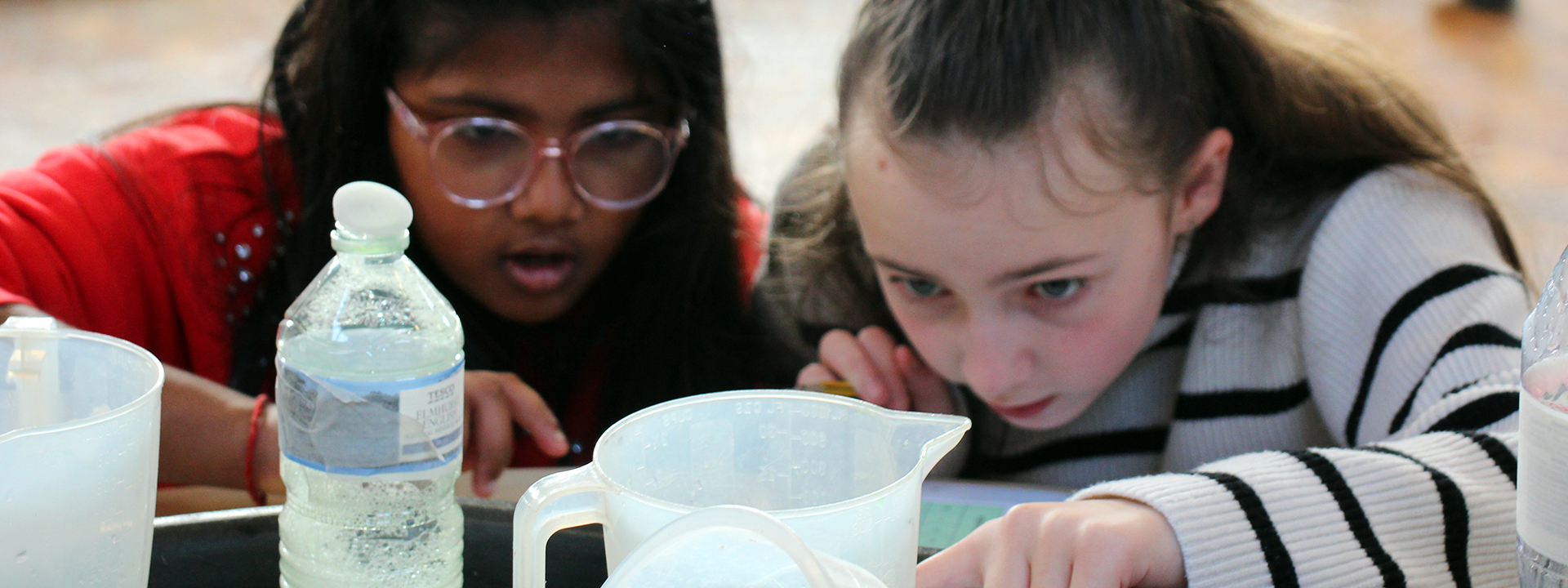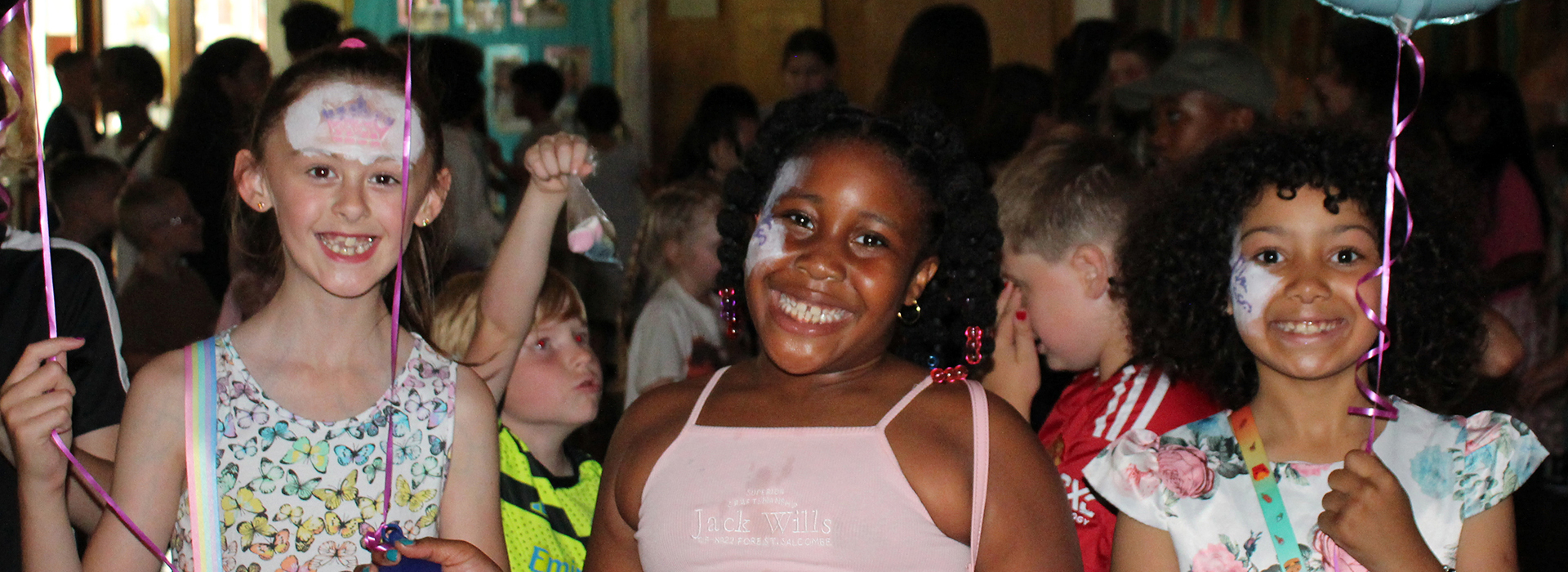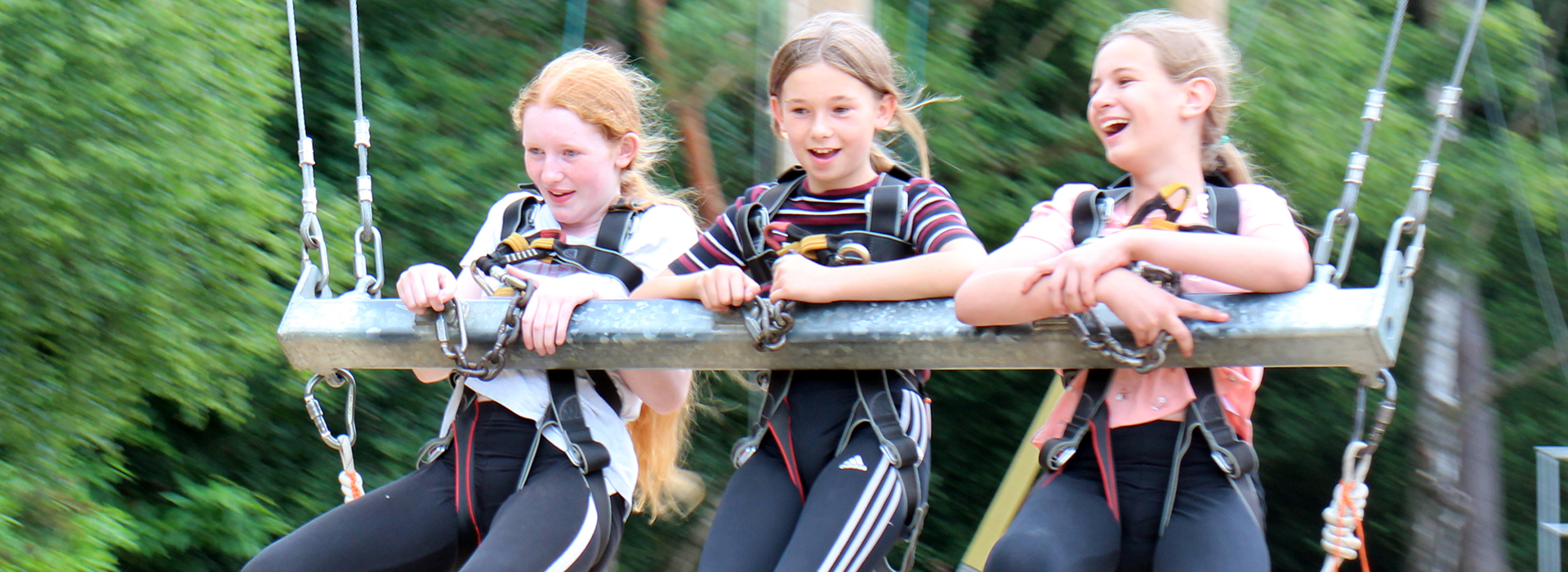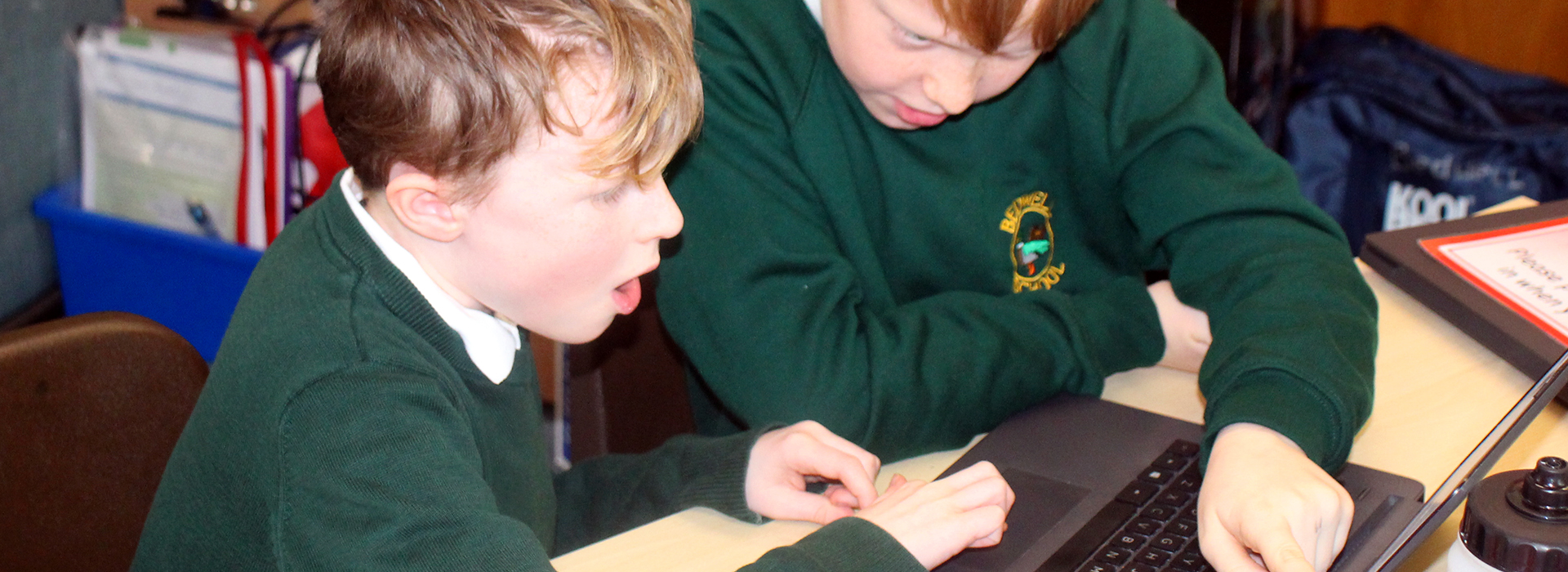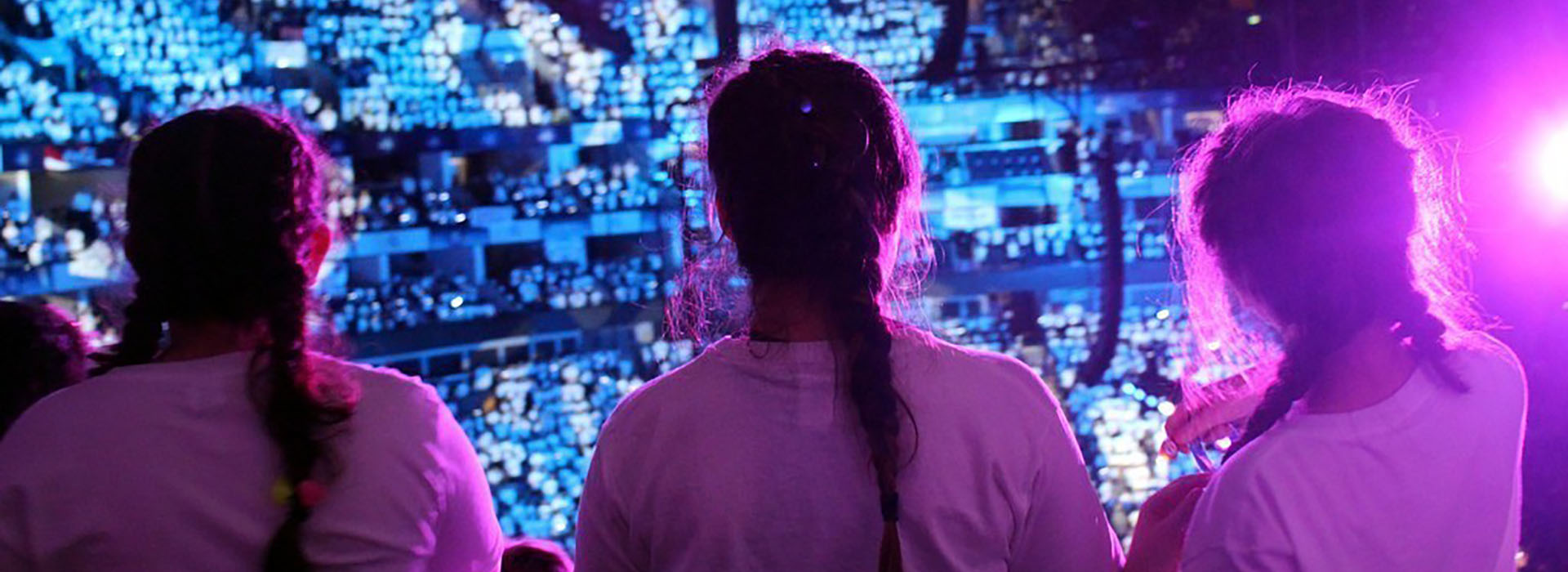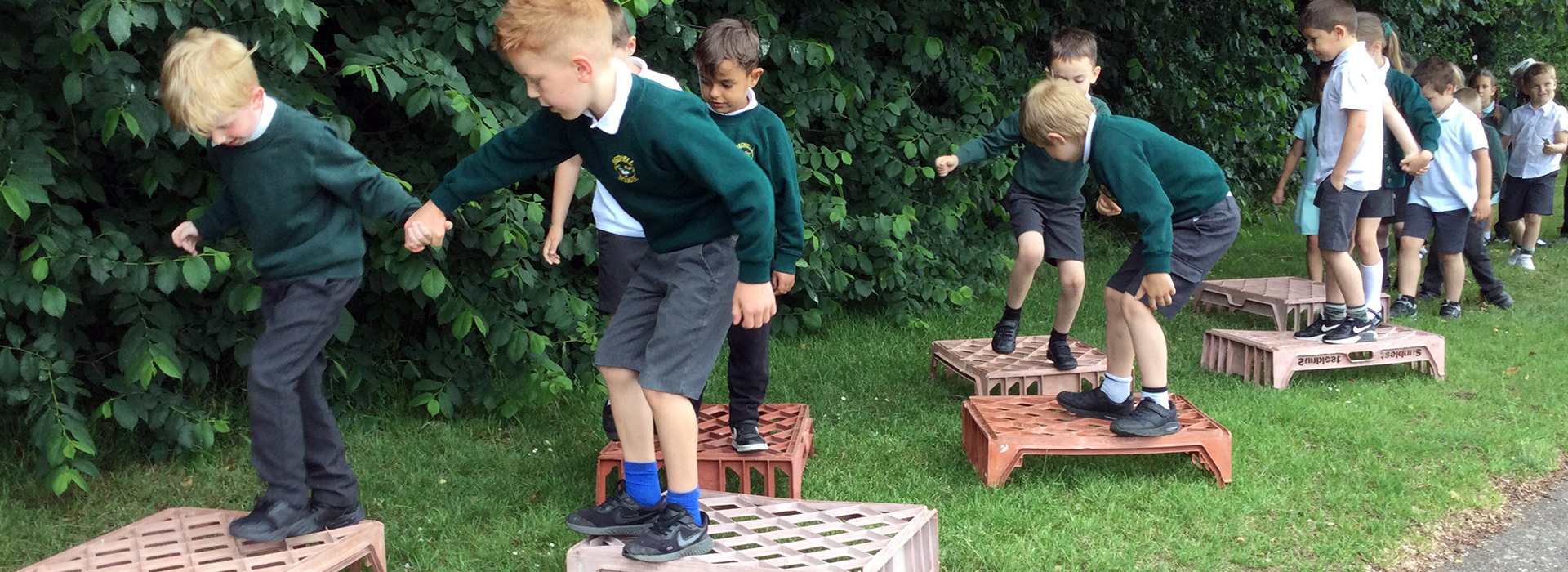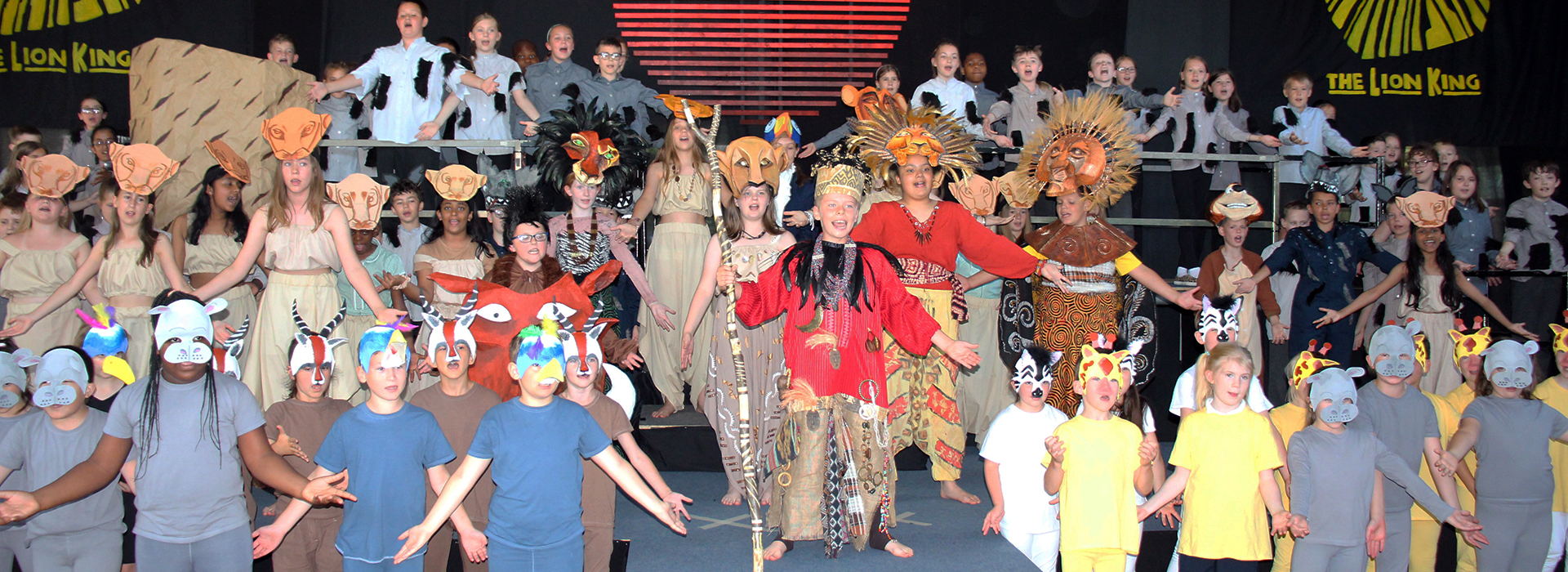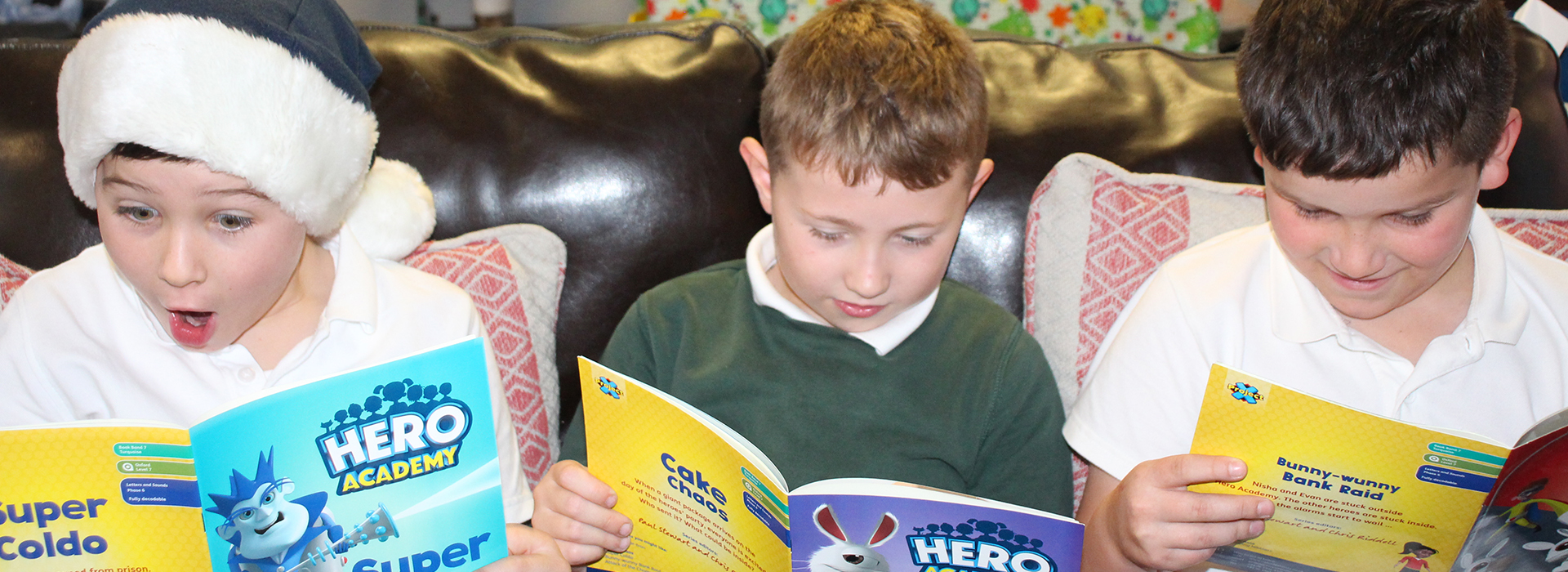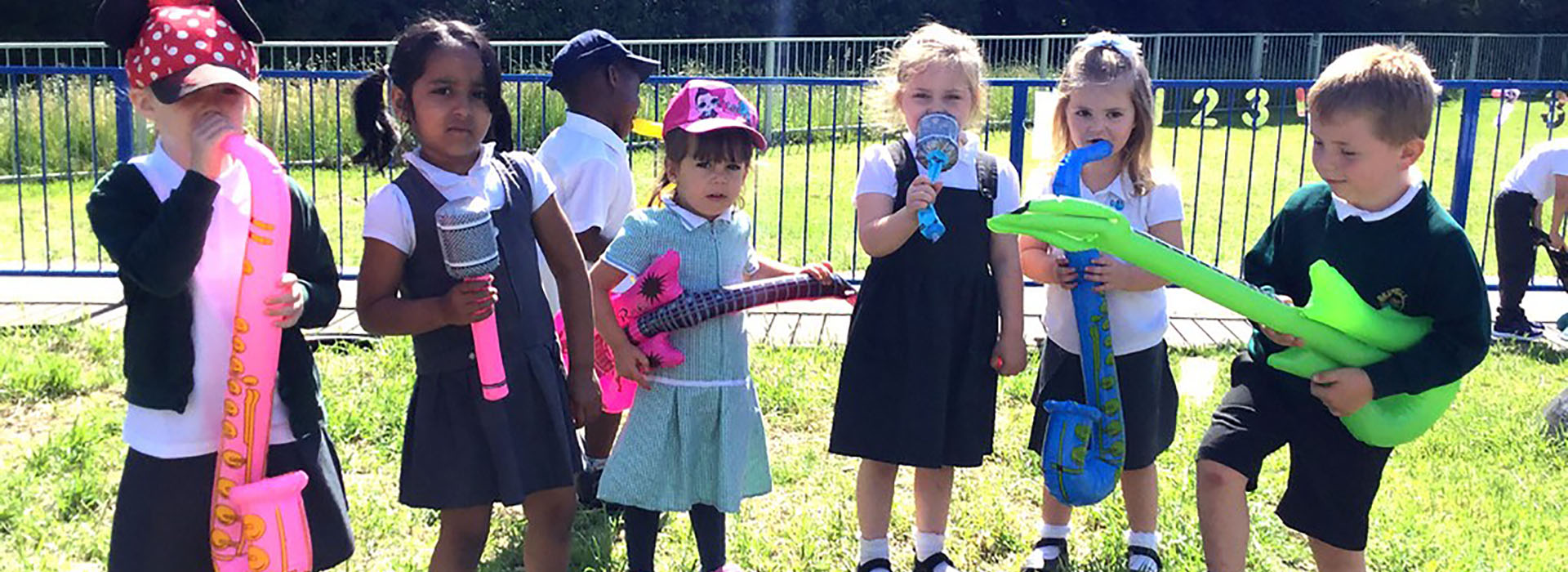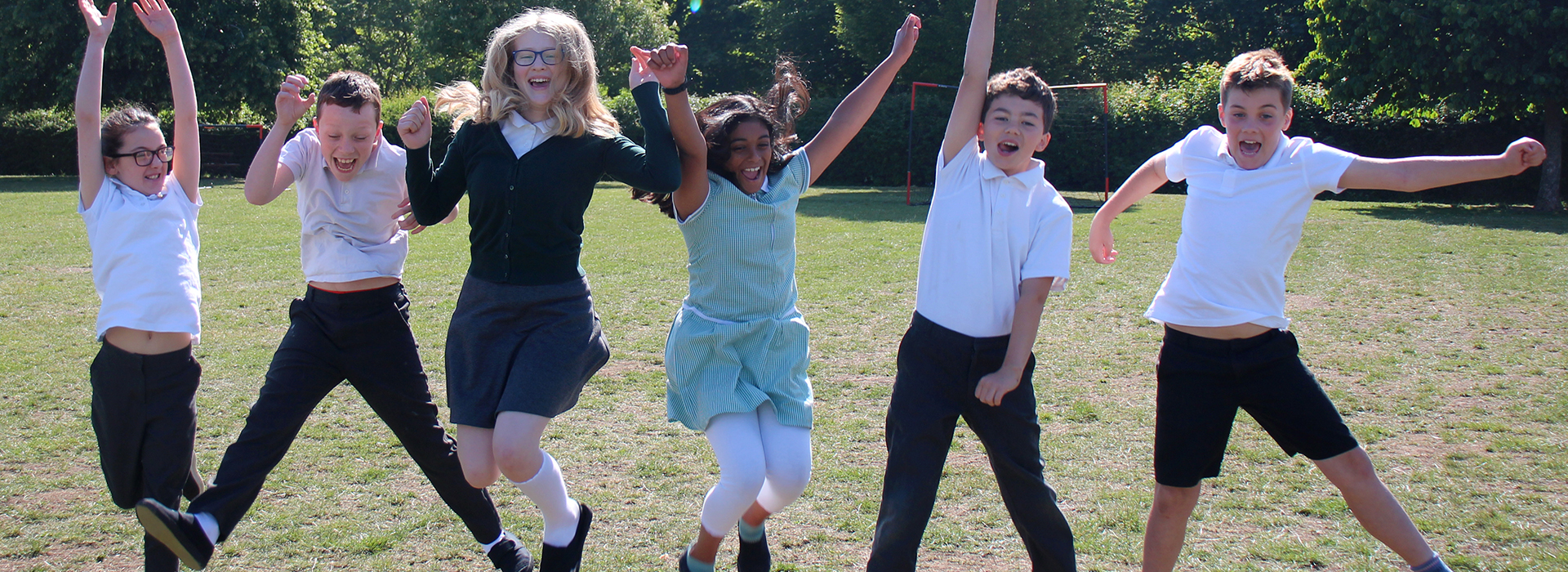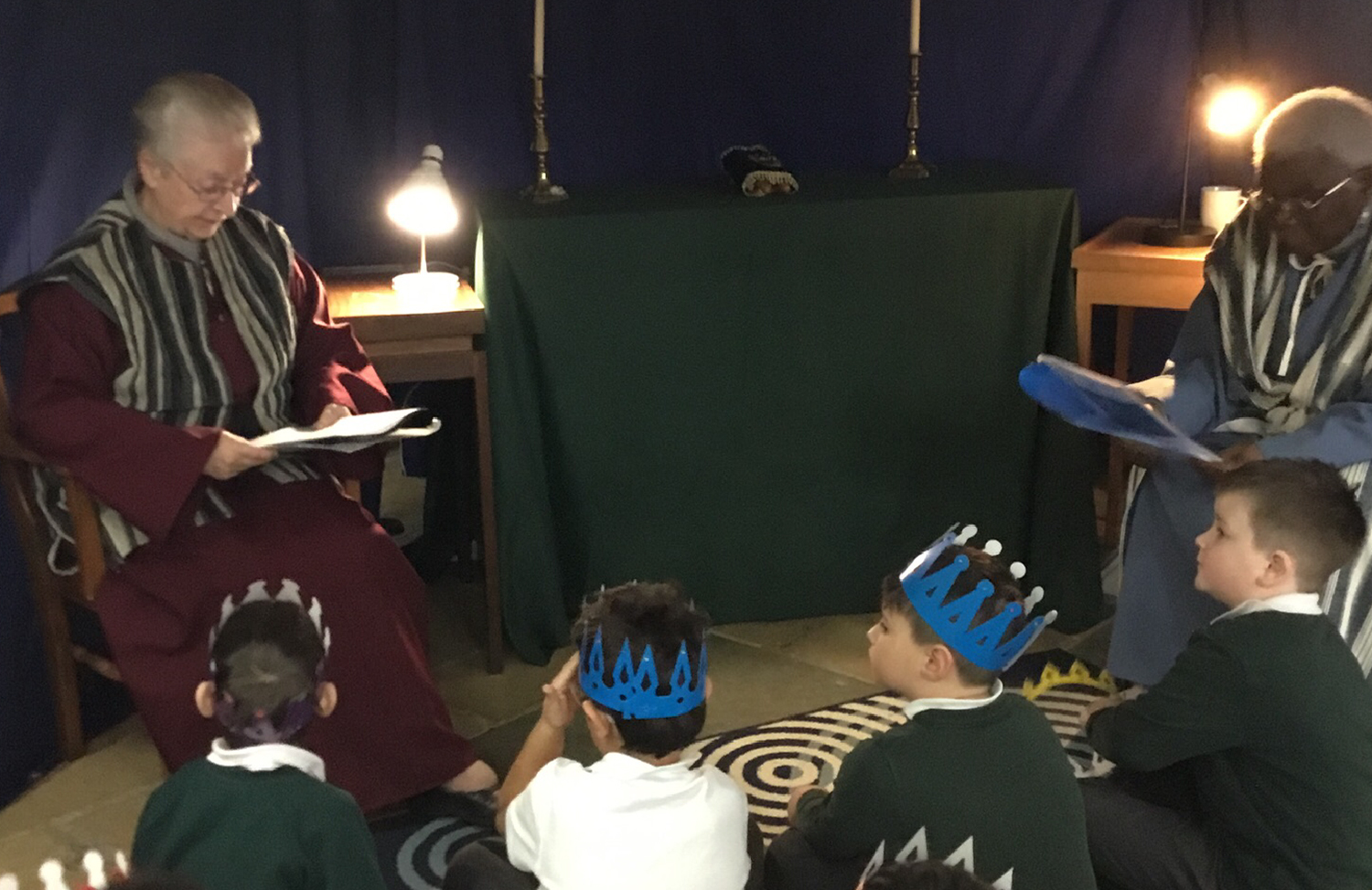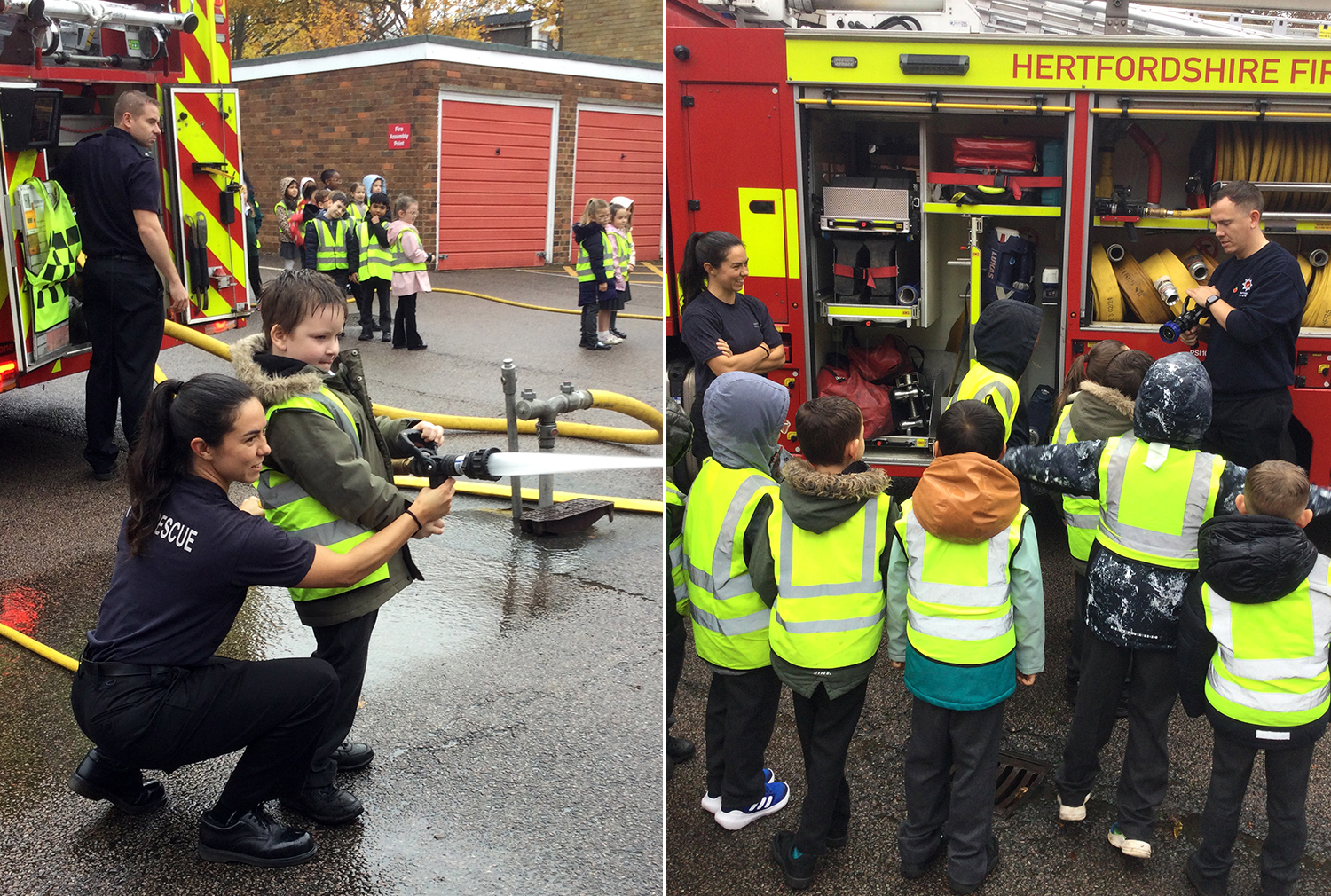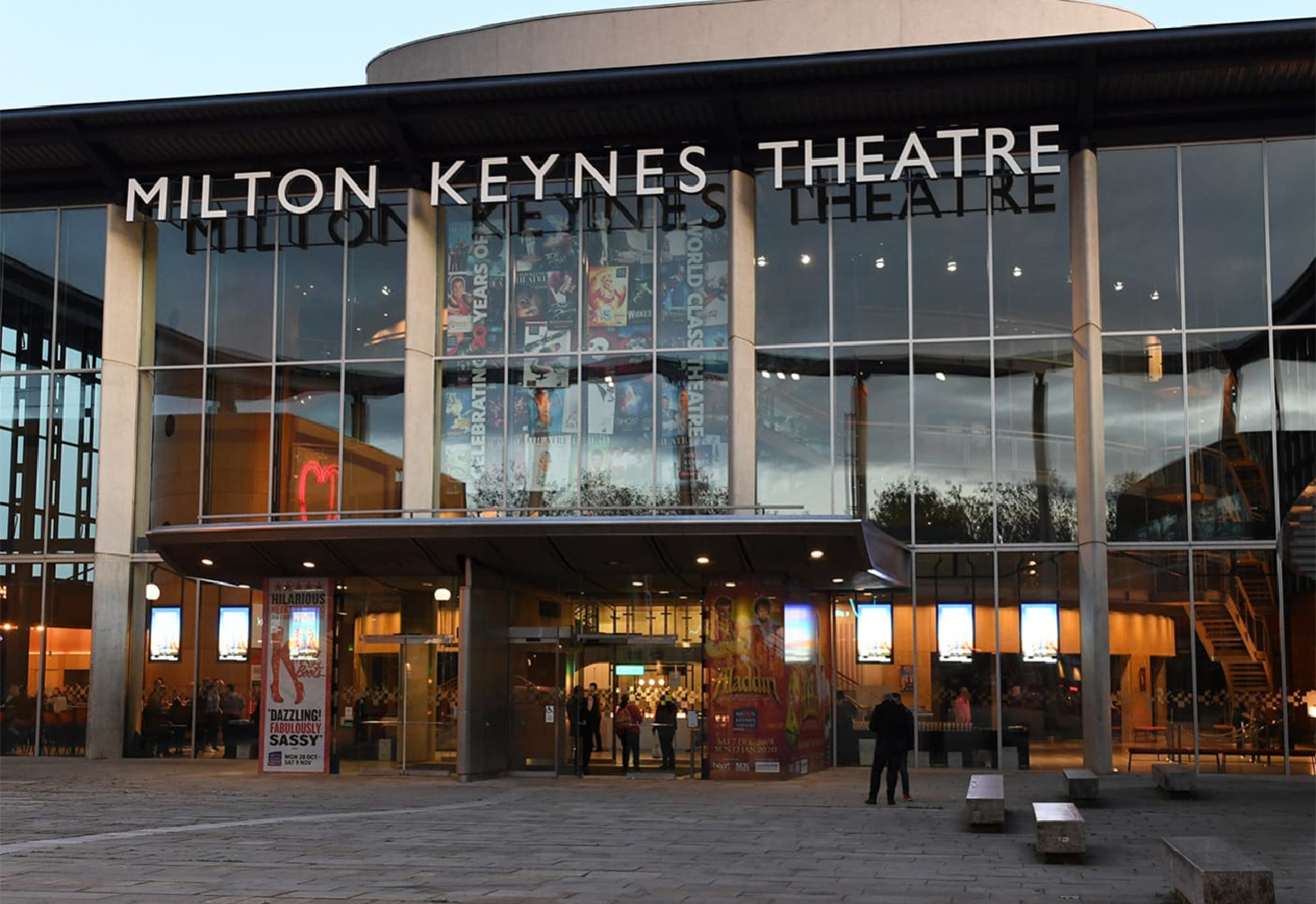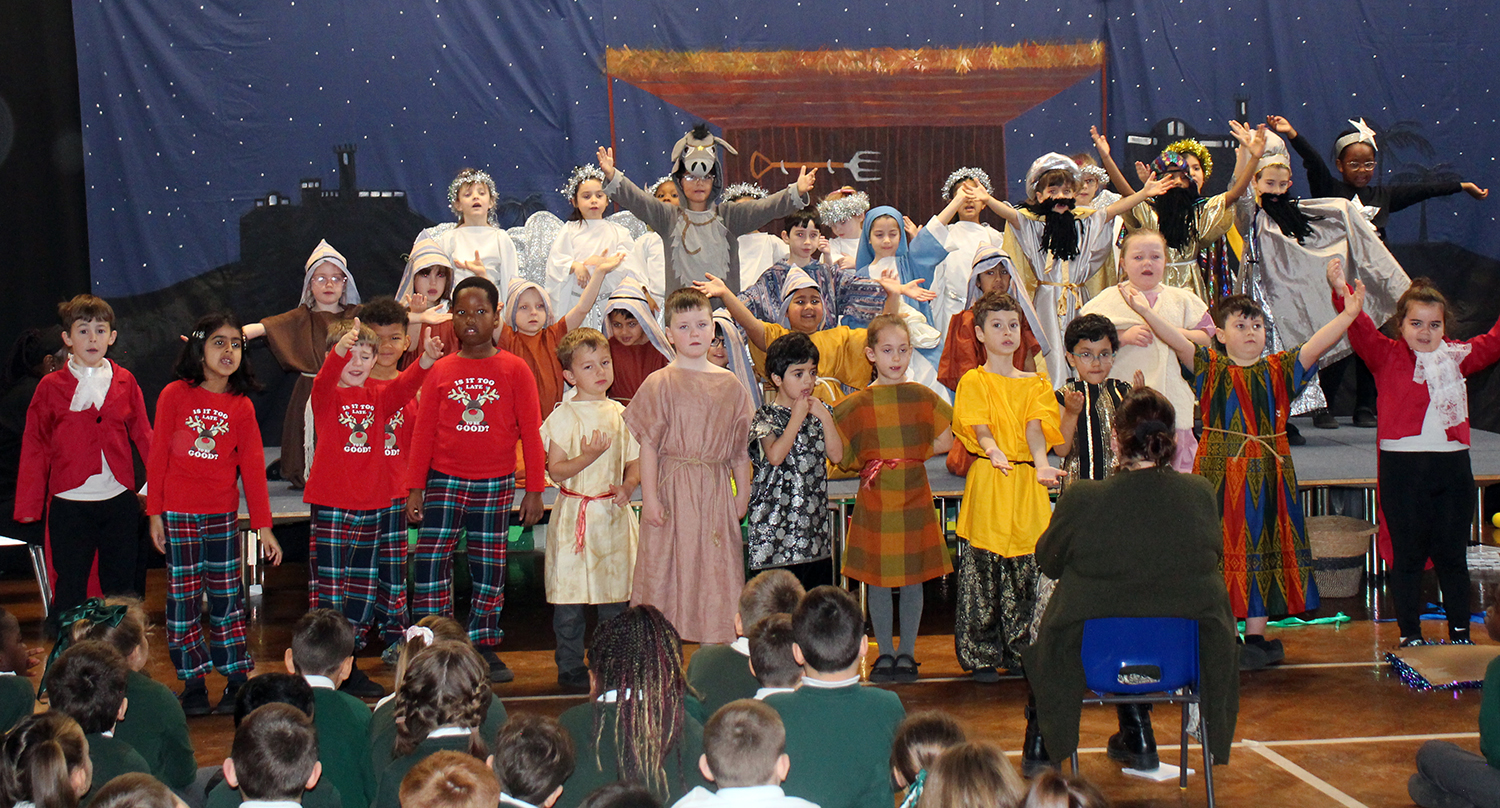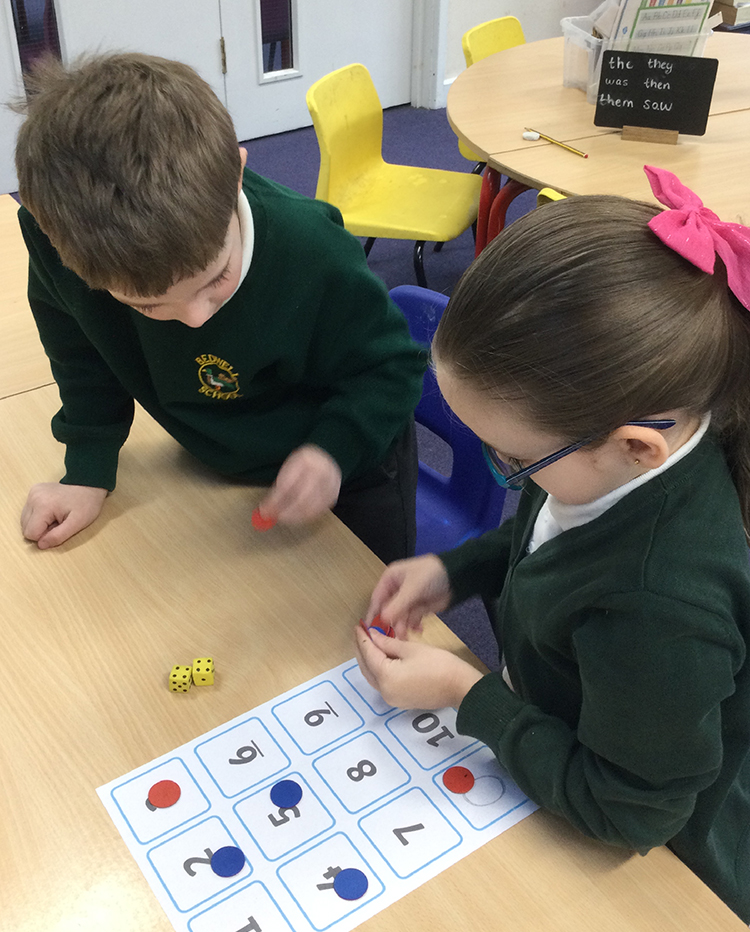This term's topics
English - We will start by continuing to explore the book One Tiny Turtle, by Nicola Davies. This will support us in learning about report writing, packing our work with lots of interesting detail and information, We will also continue to develop our understanding of the difference between statements, questions and commands. After that, we will switch our attention back to story writing. We will explore the use of apostrophes and question marks to punctuate writing, and will also be developing our understanding of the progressive tense (using is and was to say what is or was happening). We will then use these skills to write our own stories using the same basic structure as the original.
Maths - We will begin by developing our knowledge of time, learning to tell the time to the nearest five minutes, and to use the language of o’clock, half-past, quarter-past and quarter-to. After this, we will be focussing on division and multiplication. linking this learning to the work we have already done on counting in multiples of 2, 5 and 10, as well as exploring the connection between the 10 times table and place value. We will also learn how to solve two-step problems using objects and drawings to explain our thinking. In division, we will be developing our understanding of sharing and grouping, again beginning with objects and drawings, and working towards pencil and paper methods.
Science - We will be continuing to explore living things and their habitats. We will identify differences between things that are living, dead or have never been alive, and learn about the key features that all living things share. We will explore the places where particular animals live, and think about the ways in which these are linked to their characteristics.
Humanities - We will be learning all about what life is like for a child who is growing up in the small Indian village of Chembakolli. We will look at the weather in the village, daily life, the local environment and the food that is grown and eaten there. This will lead us to consider how life in the village of Chembakolli is different to our way of living in Stevenage, and whether there are similarities too.
Take a look at our curriculum map for more information on our topics.
